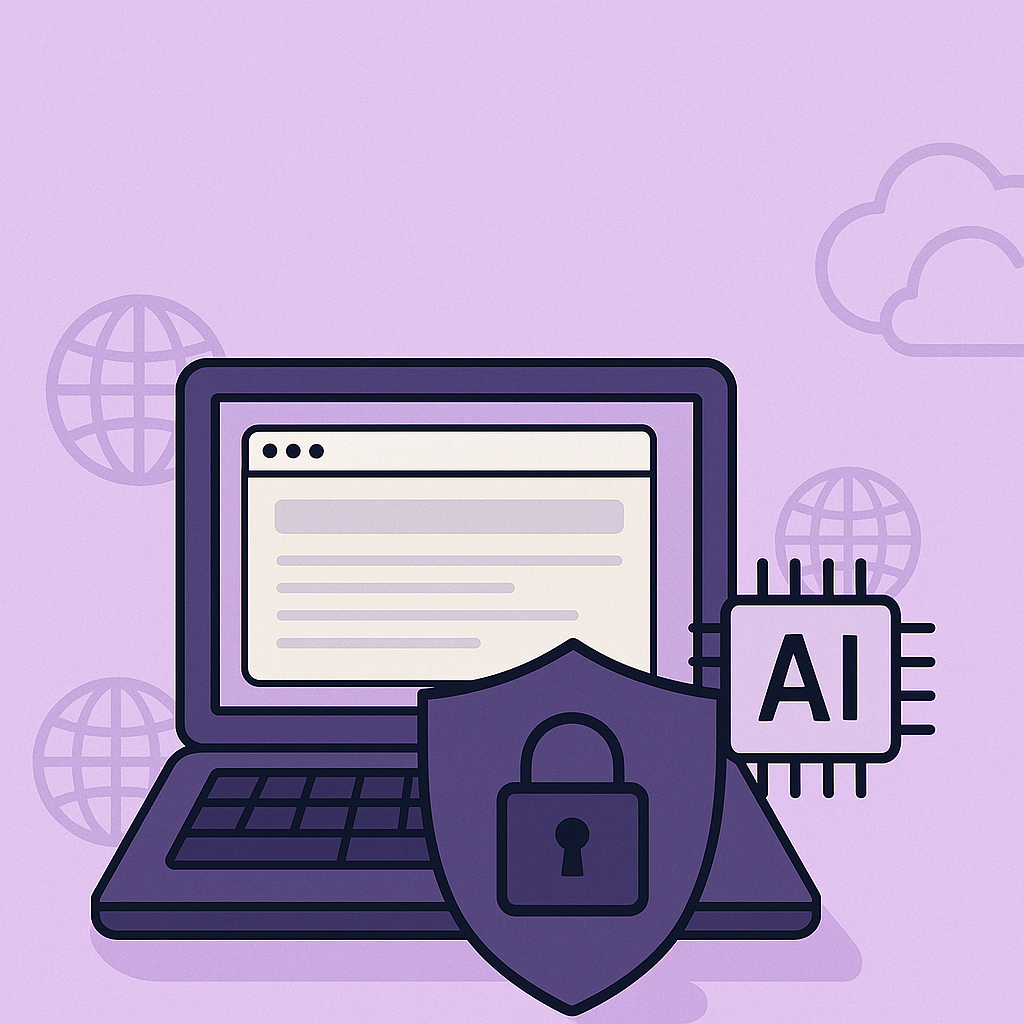Tired of doing research on Google, Amazon, and Microsoft cloud services and reaching no conclusion? Do you demand clarity and facts instead of feature breakdowns that look identical? Instead of splitting hairs, consult the facts from an objective third party: cloud benchmark consulting firm Cloud Spectator. Their Best Hyperscale Cloud Providers report is a transparent, data-oriented, and practical document that focuses on what enterprises seeking cloud infrastructure really care about: execution, cost and value.
Surprises and Misconceptions about Cloud Infrastructure
First, we are first presented with a number of misconceptions consumers may have about cloud solutions. These misconceptions sometimes portray Amazon Web Services (AWS) and Azure in a better light than their peers.
The first fallacy the study shows is the assumption that VM performance is the same on all clouds. VM performance was found to vary widely between providers. Second, is that price equals performance, which insinuates more expensive clouds like AWS and Azure cost more for performance reasons. In the study however, AWS, Azure and Softlayer fail to exhibit an edge in performance compared to GCP, suggesting they are not “high-end”, but merely over-expensive.
The final misconception pertains to the “Noisy Neighbor Effect”, or how “heavier” power users can slow down and overtax other VMs running on the same hardware. This common misinformation is disproved by one of Google Cloud Engine’s most exclusive benefits: remarkably consistent performance and speed. GCE was found to provide the only cloud infrastructure that delivers constant high speeds with no interruptions or slowdowns. To compete, Azure and AWS resort to, “performance throttling to deliver a consistent user experience regardless of the actual user load on the physical machine.” You won’t find that feature on any pamphlet.
The Results
The numbers are no less straightforward. The methodology of the parallel cloud test is explained in clear detail, along with the benchmarks and criteria to be a subject, and all the data is manifested in practical line plots. The study nearly spoils itself by presenting its concluding graph first: GCE far outperforms AWS, Azure and IBM Softlayer with a perfect 100 in Cloud Spectator Score, the firm’s statistical approximation of value to customer. This graph alone makes it clear Google gives you the best bang for your buck, with Azure and AWS more close to each other than to first with 66 and 57 respectively, and Softlayer at 42.
The next several charts illustrate why GCE wins over its hyperscale peers. GCE’s value scores are divided into performance by vCPU/Memory Value, and performance by Block Storage. In terms of vCPU/Memory Value, GCE holds an edge over its competitors due to its superior affordability. Whatever marginal edges AWS or Azure could have over GCE in terms of performance, they are negated by inflated prices, which can be as much as 50% more than Google Cloud!
When the study compares performance in Block Storage however, a key element of cloud server operations, any parity is tossed by the wayside. Google dominates, reaching speeds (13,817 IOPS) over 4 times as fast as Amazon (3,109 IOPS) and 6 times as fast as Azure (2,336 IOPS). On top of this, Google is still more affordable, making Google an easy winner for Cloud Spectator’s most valuable hyperscale cloud infrastructure provider.
What Else Should You Know
Despite the excellent and simple coverage of the numbers and specs of the four companies’ offerings, Cloud Spectator only provides light coverage of feature comparisons. However, it does expose AWS and Azure’s practice of throttling performance to achieve consistency. In contrast, Google’s network, powered by an unmatched fiber backbone, ensures VM access is fast and consistent—a boon for enterprises who prefer to avoid surprises.
Perhaps it is better that Cloud Spectator leaves feature and price comparisons to the customers. Everyone should research Google Cloud Platform’s impressive tools for compute, data management and machine learning, like GCE, G-Suite, Spanner, and BigQuery. These, and many more features, make it easy for us at itopia to offer our virtual desktop and cloud automation software Cloud Automation Stack (CAS) exclusively on Google Cloud.



